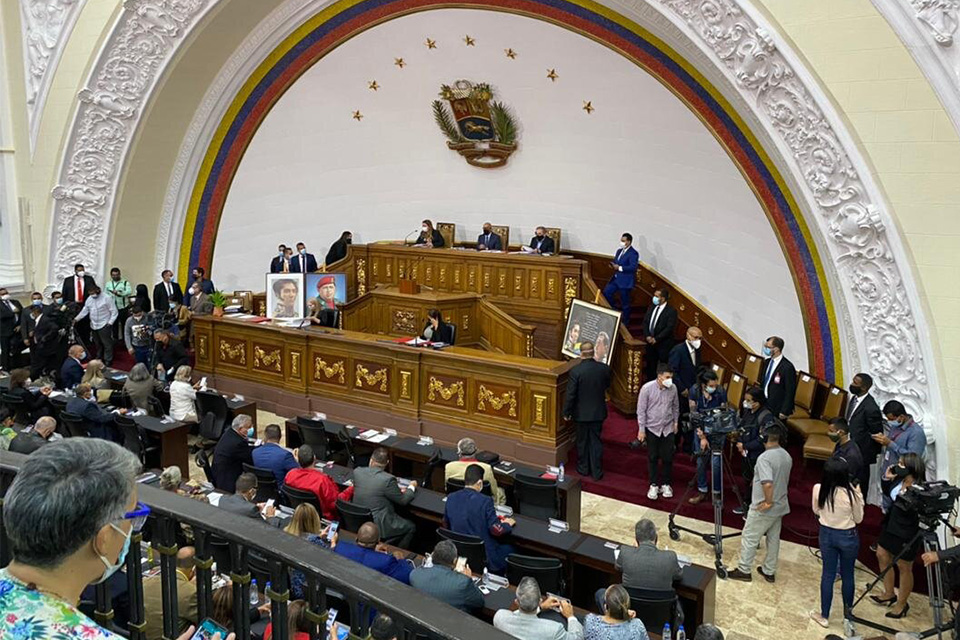The law approved by the Chamber consists of sixteen articles, a derogatory provision and a final provision, arranged in 2 Chapters. The first chapter deals with the General Provisions, the object, the purpose and the principles of the Law
Between scoldings and exhortations to prepare the legal instruments “well” by the vice president of Parliament, Iris Varela, the bill on Criminal Records Records was approved in second discussion, whose purpose will be to regulate the record of criminal records for the purposes of to guarantee the rights of people and the proper functioning of the justice system, in accordance with the Constitution, the international treaties signed and ratified by the Republic and other laws.
Varela asked the parliamentarians to maintain rigor when drafting the articles, as he stressed that several typing errors escaped, at least in article six.
Finally it was written as follows:
«Article 6.Every person has the right to access the information and data about himself that is found in the criminal record, with the exceptions established by law, regulations and resolutions.
Likewise, they have the right to exercise the habeas data action before the competent court to update, rectify or destroy those records, if they are erroneous or illegitimately affect their rights and guarantees.
The law approved by the Chamber consists of sixteen articles, a derogatory provision and a final provision, arranged in 2 Chapters. The first chapter deals with the General Provisions, the object, the purpose and the principles of the Law.
Chapter II establishes the rules to strengthen the stewardship and management of the State in this, adjusting its organization to the new public institutions developed based on the Constitution. The instrument adjusts its organization and operation to the Organic Code of Criminal Procedure, while suppressing all regulations related to the Law of Vagrants and Crooks and positivist criminology based on criminal dangerousness.
“The proposed Law does not generate any impact on the public budget due to the nature of the regulations incorporated, which are more concerned with a new paradigm of recognition of human rights, as well as the reorientation of the organization model and processes of the Criminal Record Registry », it reads, while in the discussion report.
Humanized Childbirth
The AN dominated by the United Socialist Party of Venezuela (PSUV) approved an agreement on the occasion of the celebration on July 11, the fifth anniversary of the Humanized Childbirth plan. The document was presented by the ruling party deputy Thaydé Rosa Monzón.
“The parliamentarian asserted that this plan sought, among other things, to eradicate promoting respectful and loving parenting because everyone believed that the humanized birth plan was only the accompaniment prior to childbirth, but it was also humanized after childbirth through breastfeeding,” he explained.
The parliamentarian did not give figures on the number of women benefited through the plan or the scope of the project in vulnerable areas. She only limited him to repeating that he seeks to protect the lives of pregnant women and strengthen breastfeeding.
“We remember how medical science with the appearance of antibiotics has played a fundamental role and we owe the gratitude of lives, but also with the development of science we lost the right to decide how we could give birth,” he added.
Developing…
Post Views:
85








